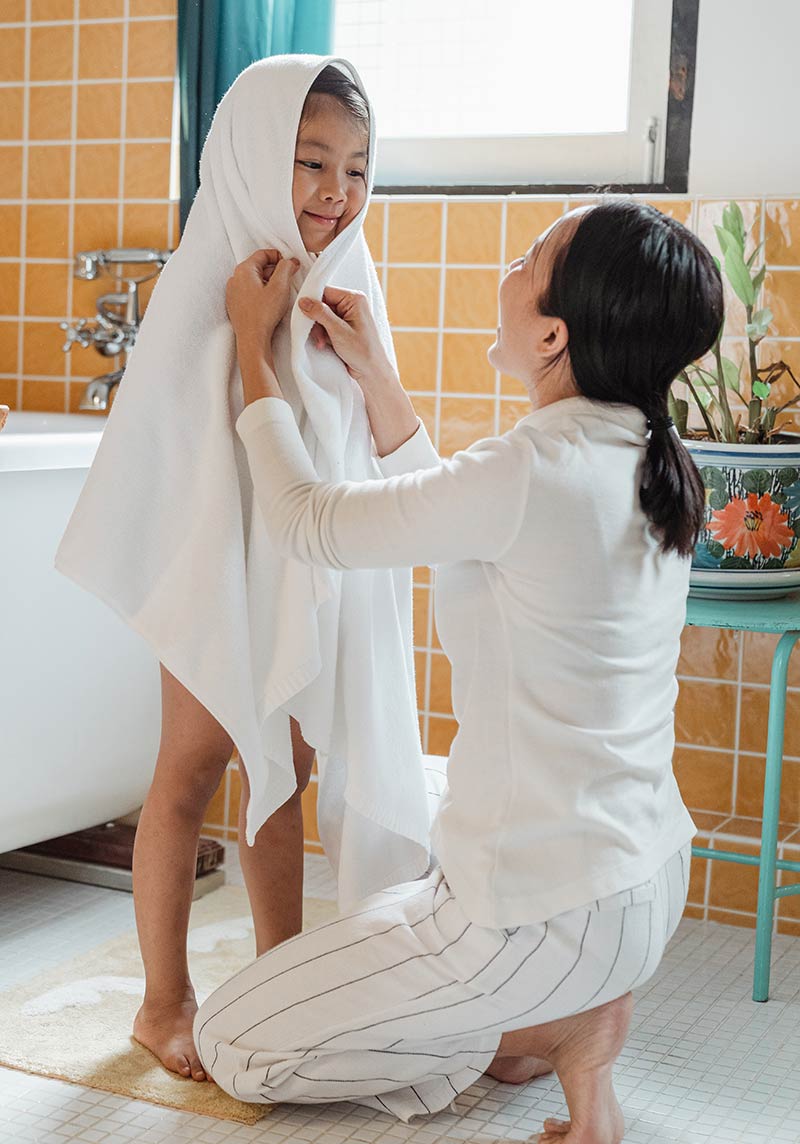Cultivating meaningful relationships with our children during COVID -19
When you remember back to your childhood, do you remember the grades you received in science class or do you remember the times you spent with your parents playing board games after dinner? It is so easy to get caught up in the test scores, report cards and achievement measures surrounding us during the school year. What holds more weight in your memories, relationships or report cards?
We know this is an extremely stressful time. From a therapist’s perspective, when children are experiencing high levels of stress, it is important to create meaningful connections first, then address any concerns after.
Focus on relationships not report cards.
Below are easy ways to shift the focus from grades and academic achievement to relationships.
1. Create a morning ritual with your child.
Starting the morning with uninterrupted time together will send the message to your child that they are important to you. A ritual can be as simple as eating breakfast together, doing a secret handshake before they log in to school, drinking your coffee while they have a cup of water, or whatever makes sense for your family.

Photo by Andrea Piacquadio from Pexels
2. Give your child your full attention
Show your child you are engaged by making eye-contact and turning your body to face them as much as possible. Children pick up on our body language from an early age. Without daily in-person interactions from teachers and other students, children will be relying on their parents and caregivers even more during this time to teach body language cues. Put your phone down for at least 30 minutes a day and give your children your undivided attention. When you need to be on your phone, verbalize this to your child and identify when you will be able to give them your attention again. For example, “Dad has to answer some emails right now, I will be able to listen in ten minutes.”

Photo by Ketut Subiyanto from Pexels
3. Validate their feelings
Life is hard right now, for children and for adults too! Let them know that it is okay to feel sad, angry, frustrated and scared. Share your own feelings with them as well. For example, “Mommy feels sad she can’t see her friends right now too.” By voicing your own feelings, you are modeling healthy coping skills. When you notice your child displaying big emotions let them know what they are going through is normal. Such as, “I see you’re feeling very angry about not getting to ride the bus this year. It’s okay to feel angry about that! I bet Tommy feels angry about not getting to ride the bus too.”

Photo by August de Richelieu from Pexels
4. Model healthy stress management
The current situation will not last forever. Children will have the chance to learn during a time when academia can take precedent. This is a wonderful opportunity to model regulation and patience for our children. We are already modeling flexibility and adaptability as we shift learning approaches. We teach them through our actions how to respond when things don’t go as planned. When the computer is not turning on how do we react? Do we yell in frustration? Cry? Take a deep breath and try again? Our children are always watching and learning from us, now more than ever. Children look to their parents, teachers, and loved ones to learn how to respond to stress. The best thing we can do for our children during this time is model healthy stress management, coping skills and cultivate meaningful relationships. Try counting backwards from ten, out loud, during times of stress- and don’t be surprised if you notice your kids joining in!

Photo by Ketut Subiyanto from Pexels
5. Provide opportunities for physical contact in the form of big hugs, high fives, kisses and handshakes
Due to the pandemic, children’s exposure to physical touch has decreased. As parents and caregivers, you can safely give children loving physical touch. When children are upset, try placing a firm hand on their back to show them you are nearby. Include big hugs throughout the day. If your child is sensitive to physical touch, try pinky promises or elbow bumps.

Photo by August de Richelieu from Pexels
Parents and caregivers are taking on many roles during the pandemic. All of the new responsibilities can feel daunting and overwhelming. In times of overwhelm, take a pause and identify what in this moment do you want your children to remember a decade from now; their spelling test grade or cuddles on the couch?
You already have all the tools to instill feelings of love and importance in your children.

